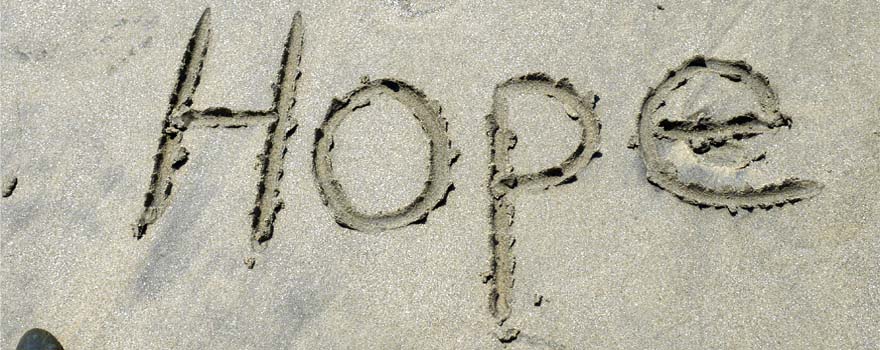Fcebook covers
Gertie the Dinosaur (1914) is an animated short film by American cartoonist Winsor McCay (c. 1867–1934). He first used the film before live audiences as an interactive part of his vaudeville act: the frisky, childlike Gertie did tricks at the command of her master. His employer, newspaper magnate William Randolph Hearst, later curtailed McCay's vaudeville activities, so McCay added a live-action introductory sequence to the film for its theatrical release. Gertie was the first film to use animation techniques such as keyframes, registration marks, tracing paper, the Mutoscope action viewer, and animation loops. Although Gertie is popularly thought to be the earliest animated film, it was McCay's third, and his earlier films were preceded by animation made at least as far back as J. Stuart Blackton's 1900 film The Enchanted Drawing. Gertie influenced the next generation of animators, including the Fleischer brothers, Otto Messmer, Paul Terry, and Walt Disney. McCay abandoned a sequel, Gertie on Tour (c. 1921), after producing about a minute of footage. Gertie is the best preserved of his films—others are lost or in fragments—and has been preserved in the US National Film Registry. (Full article...)
This article is about the type of website. For the article about Wikipedia, see Wikipedia. For other uses, see Wiki (disambiguation).
"Edit summary" redirects here. For edit summaries as used in Wikipedia, see Help:Edit summary.
"WikiNode" redirects here. For the WikiNode of Wikipedia, see Wikipedia:WikiNode.
Ward Cunningham, inventor of the wiki
A wiki (i/ˈwɪki/ wik-ee) is usually a web application which allows people to add, modify, or delete content in collaboration with others. Text is usually written using a simplified markup language or a rich-text editor.[1][2] While a wiki is a type of content management system, it differs from a blog or most other such systems in that the content is created without any defined owner or leader, and wikis have little implicit structure, allowing structure to emerge according to the needs of the users.[2]
The encyclopedia project Wikipedia is the most popular wiki on the public web in terms of page views,[3] but there are many sites running many different kinds of wiki software. Wikis can serve many different purposes both public and private, including knowledge management, notetaking, community websites and intranets. Some permit control over different functions (levels of access). For example, editing rights may permit changing, adding or removing material. Others may permit access without enforcing access control. Other rules may also be imposed to organize content.
Ward Cunningham, the developer of the first wiki software, WikiWikiWeb, originally described it as "the simplest online database that could possibly work".[4] "Wiki" (pronounced [ˈwiti] or [ˈviti]) is a Hawaiian word meaning "fast" or "quick".[5][6]
Subscribe to:
Comments (Atom)





